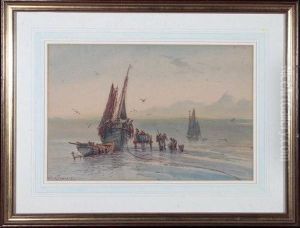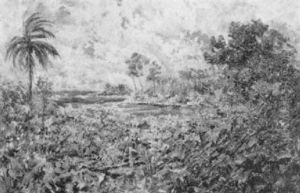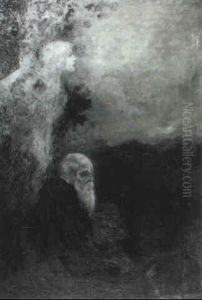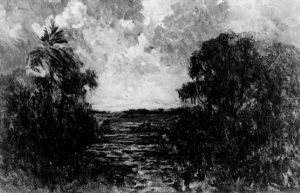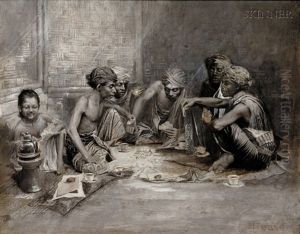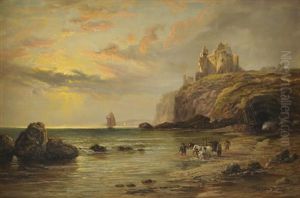Malcolm Fraser Paintings
Malcolm Fraser was born on May 21, 1930, in Toorak, Melbourne, Australia, into a well-established political and pastoral family. He was not primarily known as an artist but as an influential Australian politician who served as the 22nd Prime Minister of Australia, holding office from 1975 to 1983 as a member of the Liberal Party. His tenure in politics was marked by a mix of liberal and conservative policies, focusing on issues such as multiculturalism, health, and education, as well as a controversial start to his prime ministership that began with the dismissal of the Whitlam Government in 1975.
Fraser's early life was characterized by his education at Melbourne Grammar School, followed by a stint at Magdalen College, Oxford, where he completed a degree in Philosophy, Politics, and Economics. After returning to Australia, he took over the management of his family's sheep and cattle stations before entering politics. Fraser won a seat in the Australian House of Representatives in 1955, representing the Liberal Party. He quickly rose through the ranks, holding several ministerial positions before becoming the leader of the Liberal Party and Prime Minister in 1975.
His political career was not without controversy. The manner of Fraser's ascent to the prime ministership, following the dismissal of the Whitlam Government by the Governor-General, Sir John Kerr, was a source of significant political unrest and debate. However, during his time in office, Fraser was known for his commitment to social welfare reforms, including the establishment of the multicultural broadcaster SBS, the introduction of the Freedom of Information Act, and significant legislation on environmental protection.
After losing the 1983 election to Bob Hawke, Fraser resigned from Parliament and moved away from direct political involvement, focusing instead on international humanitarian efforts and advocacy for human rights. He was particularly active in campaigns against apartheid in South Africa and served on a number of international organizations focused on care for refugees and global cooperation.
Malcolm Fraser passed away on March 20, 2015, leaving behind a complex legacy that combined his aristocratic roots with a commitment to public service and advocacy for progressive social policies. His contributions to Australian political life, as well as his later humanitarian work, have been widely recognized and continue to provoke debate and analysis.




